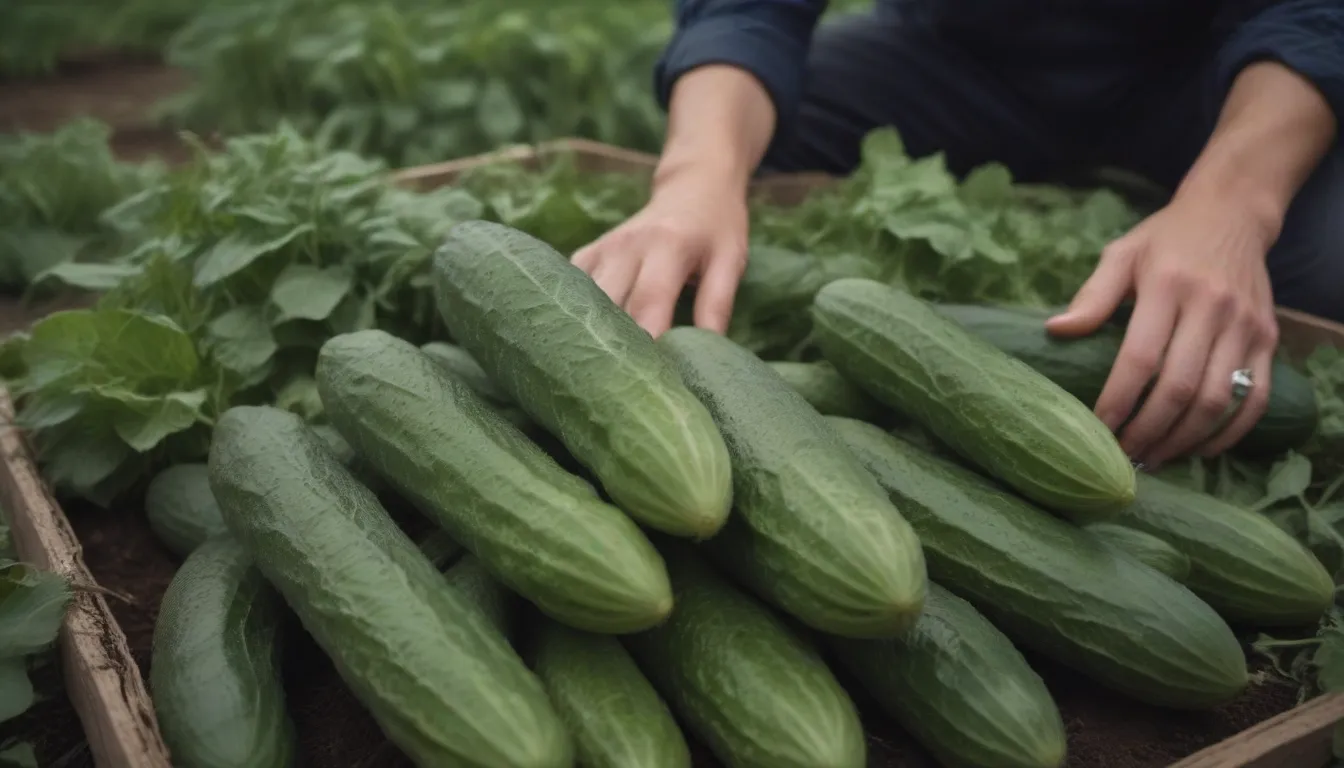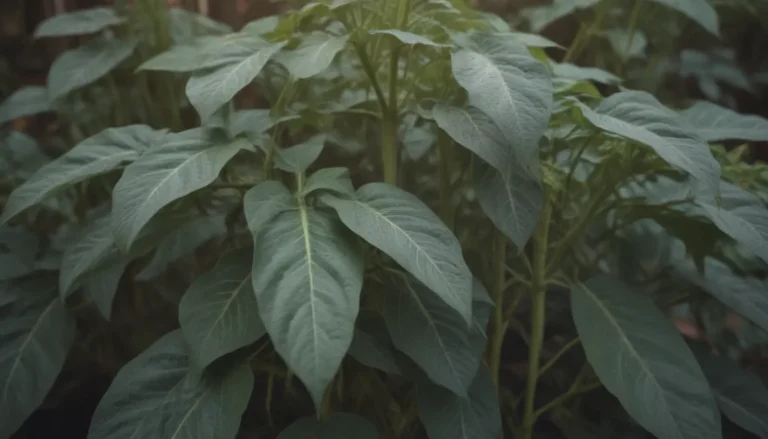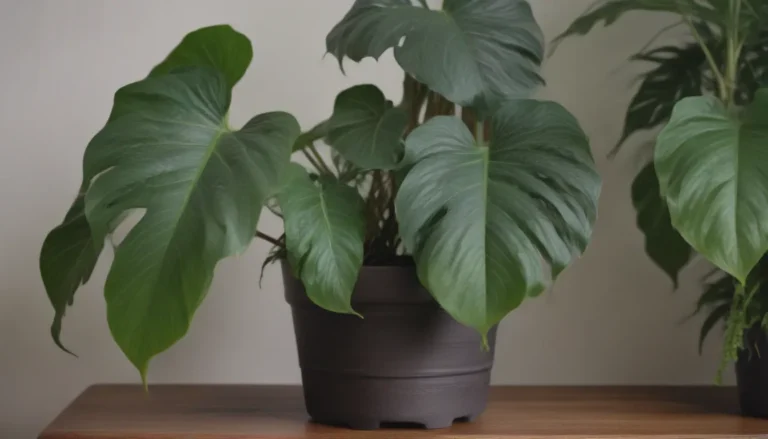Maximizing Your Cucumber Harvest: A Guide to Companion Planting

Are you eager to cultivate a plentiful cucumber crop in your garden? Choosing the right companion plants for your cucumbers can make all the difference. In this article, we’ll explore the best and worst cucumber companion plants, the benefits of companion planting, and provide you with a comprehensive list of plants that will help your cucumbers thrive. Let’s dive in!
Understanding Companion Planting
Companion planting is a gardening technique that involves growing different plant species together to enhance their growth and protect them from pests. By strategically selecting companion plants, you can create a harmonious garden ecosystem that boosts the health and productivity of your crops. This practice is especially valuable for small gardens or areas where space planning is crucial.
The Benefits of Companion Planting
Companion planting offers a range of benefits for your cucumbers and other garden plants. Some of the advantages include:
- Improved plant health and productivity
- Natural pest control
- Efficient use of soil nutrients
- Increased pollination and crop yields
By harnessing the power of companion planting, you can create a thriving garden that yields bountiful harvests year after year.
The Best Companion Plants for Cucumbers
When it comes to growing cucumbers, certain plants make excellent companions. These companion plants not only enhance the growth of your cucumbers but also provide additional benefits to your garden. Some of the best cucumber companion plants include:
- Peas, corn, beans, and lentils: These nitrogen-fixing legumes improve soil quality and provide support for climbing cucumbers.
- Radishes, beets, carrots, and onions: These root vegetables help repel pests and make efficient use of soil nutrients.
- Marigolds and nasturtiums: These flowers act as natural insect repellents and attract beneficial pollinators.
- Sunflowers: These tall plants provide shade and support for cucumbers while attracting pollinators.
- Oregano and dill: These herbs enhance the flavor of cucumbers and deter pests.
- Garlic: This aromatic herb helps repel pests and improve soil health.
By planting these companion plants alongside your cucumbers, you can create a balanced garden ecosystem that promotes growth and resilience.
The Worst Companion Plants for Cucumbers
While some plants enhance the growth of cucumbers, others can hinder their development. It’s essential to avoid planting incompatible companions that may compete for resources or attract pests. Some of the worst cucumber companion plants to steer clear of include:
- Potatoes: These root vegetables can compete with cucumbers for nutrients and may attract pests.
- Sage: This herb can inhibit the growth of cucumbers and other plants.
- Mint: This aromatic herb may spread aggressively and outcompete cucumbers.
- Melons: While melons belong to the same family as cucumbers, they may compete for resources and spread diseases.
- Fennel: This herb can inhibit the growth of cucumbers and may attract pests.
By avoiding these incompatible companion plants, you can ensure that your cucumbers thrive and produce a bountiful harvest.
Tips for Successful Companion Planting
To make the most of companion planting in your garden, consider the following tips:
- Rotate crops each season to prevent disease buildup and nutrient depletion.
- Mix companion plants throughout your garden to maximize their benefits.
- Pay attention to plant spacing to ensure each species has enough room to grow.
- Monitor your plants regularly for signs of pests or disease and take action promptly.
By following these tips and selecting the right companion plants for your cucumbers, you can create a vibrant and productive garden that will yield a rich harvest of delicious cucumbers.
In conclusion, companion planting is a valuable technique that can transform your garden into a thriving ecosystem. By selecting the best cucumber companion plants and avoiding incompatible companions, you can maximize the growth and productivity of your cucumbers. Whether you’re a seasoned gardener or a novice enthusiast, companion planting offers a sustainable and effective way to cultivate healthy and abundant crops. So, roll up your sleeves, grab your gardening tools, and get ready to watch your cucumbers flourish in the company of their perfect companions. Happy gardening!





